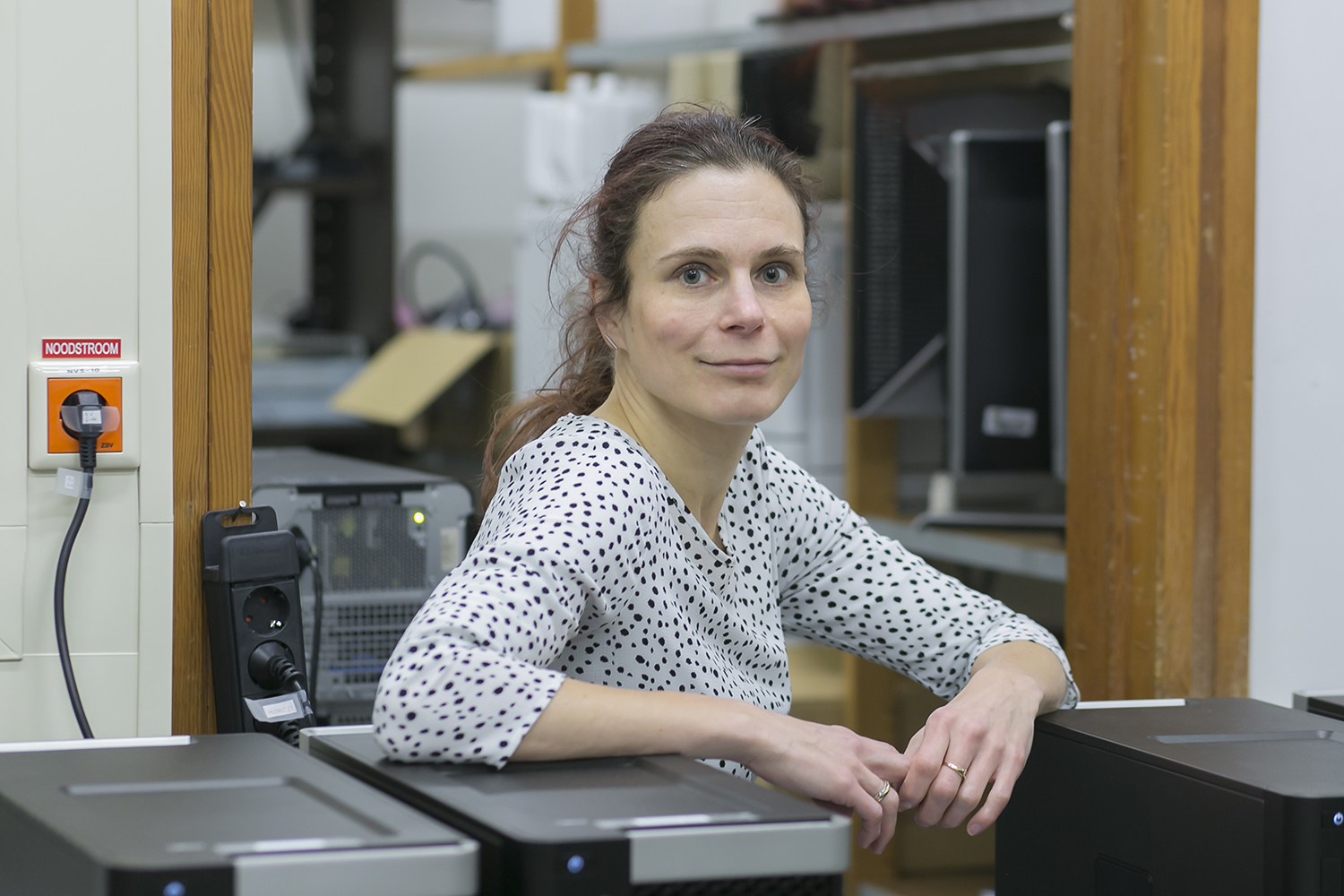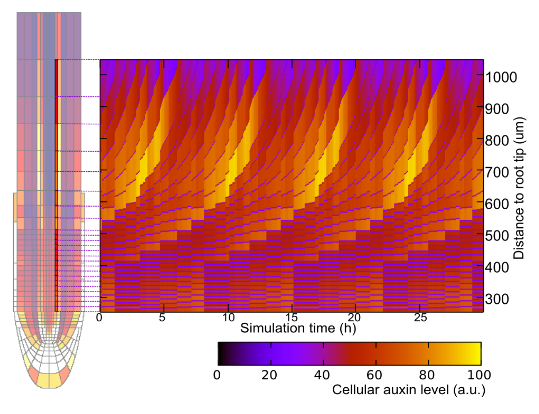In March’s blog post, we feature an interview with Prof. dr. Kirsten ten Tusscher, Professor of Computational Developmental Biology at Utrecht University.
How would you describe yourself?
I am a computational biologist with a passion for understanding the complex developmental patterns that shape multicellular life and the evolutionary processes that brought them into being.
When did you first become interested in mathematics and biology?
In high school, biology, mathematics, and the modeling applied in macro-economics were my favorite subjects, so choosing what to study was not easy. Fortunately, my interest in evolution and development caused me to choose to study Biology in Utrecht, where there was this great Theoretical Biology group that I am now proud to be part of myself. Following the first Theoretical Biology course, I realized I found the perfect match for my interests, and I guess the rest is history.

What are your main research questions?
In my research I focus on the mechanisms underlying body axis patterning, e.g. the formation of somites in vertebrates and segments in arthropods and annelids, and the continued growth and branching of roots throughout plant life. Intriguingly, both animal body axis segmentation and lateral root formation arise from periodic oscillations that become transformed into a spatially repetitive pattern through growth. Still, how far these similarities extend is an open question which my group and I are actively investigating. Additionally, for plants I study the interplay between developmental patterning and environmental adaptation, for example how plants roots avoid localized patches of salt or are able to preferentially grow in soil patches with higher nutrient levels. In a sense, plant growth patterns reflect a plant’s behavior in response to its environment. I strive to answer how plants use complex molecular networks to process and integrate information from the cell, tissue, organ and whole plant level to “compute” what to do based on their environmental conditions.

What do you like to do in your spare time outside of work?
When I am not doing science I like to go for a run or play with my kids, although my family says I have an unhealthy obsession with building perfectly symmetric lego constructions.
Do you have any advice for someone considering a career in mathematical biology?
For someone considering a career in mathematical biology, I would say go for it. There are plenty of opportunities for mathematical biology in modern biology, with its deluge of data and shifting focus from reductionist to system level approaches. My advice for being successful would be to make sure you have a decent background in mathematics, programming and model building; but most of all, find yourself a subject that you are truly passionate about.